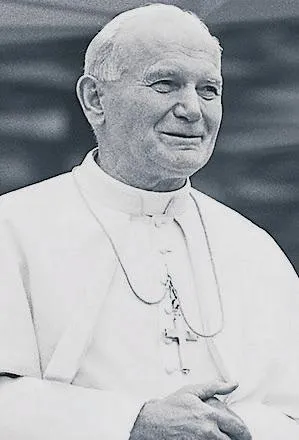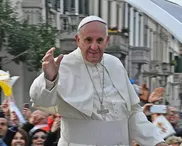Karol Wojtyła (1920–2005), since 1978 better known as Pope John Paul II, has been one of the most influential men of the 20th century.
The centenary of his birth is a useful opportunity to reflect on his legacy. His life was at the centre of the major affairs of the 20th century: the tragedy of Nazism and the trauma of the Second World War, the apex and fall of Communism, the Second Vatican Council and its debated implementation, the apparent triumph of Western democracy and the oppressive costs of globalisation for the Majority world, the fracture of ideologies and the rise of secular hedonism. Supporters have acclaimed his achievements in terms of navigating, surviving and overcoming the dangerous streams of our post-something world. Critics have pointed out the double-faced, contradictory trajectory of his life and his very backward-looking Catholic outlook.
How do we assess John Paul II’s legacy? This Pope was the one who called his Church to be engaged in mission, encouraged the pro-life front, welcomed some of the Evangelical concerns related to Bible literacy and liturgical variety, and seemed to be closer to the Majority world than his predecessors.










Pope Leo XIV: An evangelical view
The Roman Catholic Church has its new Pope - the 267th according to its official list.The number is less …